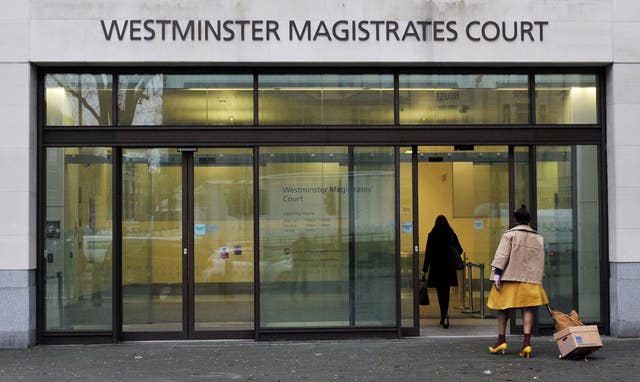
Uber won a partial victory when a judge granted it a short-term operating licence in London after the permit was not renewed over safety concerns, but the taxi-hailing app came under criticism.
The firm conceded it had made “serious mistakes” and that Transport for London (TfL) was correct in its September decision, but told an appeal hearing that it had made “wholesale” reforms.
On Tuesday, Chief Magistrate Emma Arbuthnot granted a 15-month “probationary licence”, having found the Silicon Valley giant was now “fit and proper” to hold the licence in the capital.
But, during her judgment at Westminster Magistrates’ Court, she criticised the firm’s past “gung-ho” behaviour as “grow the business come what may”.
The judge also said Uber “tried to whip up public outcry” after TfL’s decision by launching a “public attack” rather than immediately accepting blame, adding that its failure to inform police of “very concerning” criminal complaints “lacked common sense”.
Judge Arbuthnot added that the firm painted a “false picture” of its processes after being asked for clarification over statements in court battles over whether it was the driver who accepted bookings.
Uber was asking for a five-year licence when TFL rejected the application but the judge issued the shorter one with stringent conditions after concluding the firm had made “rapid and very recent” changes.

Under the licence, Uber must inform the Metropolitan Police of criminal allegations, face regular independent audits and not employ anyone who has helped evade law enforcement.
Judge Arbuthnot also ordered Uber to pay TfL’s £425,000 legal costs.
London Mayor Sadiq Khan said the firm “has been put on probation”, and added: “Uber has been forced to overhaul the way it operates not just in London but across the world, including completely changing its global governance structures and implementing new systems for reporting alleged crimes.”
Tom Elvidge, Uber’s UK general manager, said he was “pleased” with the decision and added that the firm would work to earn TfL’s trust.
During the appeal, Mr Elvidge admitted the company had made a string of failings and now accepted TfL’s decision over public safety and security.
Tom de la Mare QC, representing Uber, argued “wholesale change” at Uber and the appointment of three non-executive board members meant the court should approve a new licence.
TfL had told the firm of a string of concerns, which included it failing to report criminal allegations against its drivers to the police, using eye tests over Skype open to cheating, and voicing concerns over the use of technology to thwart regulators outside the UK.
Uber could continue operating in the capital while the appeal process was under way.


Comments: Our rules
We want our comments to be a lively and valuable part of our community - a place where readers can debate and engage with the most important local issues. The ability to comment on our stories is a privilege, not a right, however, and that privilege may be withdrawn if it is abused or misused.
Please report any comments that break our rules.
Read the rules hereComments are closed on this article